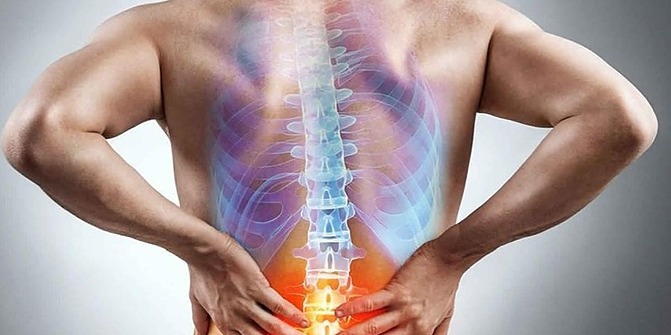What are some ways to help break that chronic pain cycle?
- Don’t go to bed unless you are tired – If you find yourself tossing and turning in bed, you could end up making your pain worse because you will end up stressing yourself out because you cannot fall asleep. If you lie in bed for 20 or 30 minutes and still cannot fall asleep, get out of bed and do something else until you feel like you are ready for your REM cycle.
- Keep your room temperature cooler – Cooler temperatures are a good way to get better sleep. If you don’t want to crank the air conditioner too high, try opening a window. The cooler you can take it, the better.
- Make sure your bed is a good fit – It’s crucial that your mattress is comfortable and provides enough lumbar support. Talk to a mattress professional to see which mattress is right for you. Also, make sure your pillows provide the neck support you need, and choose the sleeping position that feels best for you. Consider how you feel in the morning when you wake up from said position. Different chronic pain conditions call for different sleeping positions to attain optimal comfort. Talk to your doctor about what works best for you.
- Exercise – Exercise is often hard to fathom when you live with chronic pain, and many patients believe that exercise will only make the pain worse. In fact, the opposite is true. Light-to-moderate exercise – or intense exercise depending on your condition – will help you to sleep better because your muscles are strengthening and you are burning energy. Consult with your doctor first before you choose an exercise regimen.
- Keep a Worry Journal – Do you ever feel like all of your stress and worries come together and implode in your head just as you hit the pillow each night? If so, you’re not alone. One way to fight those bedtime stressors is to write down all your troubles. Take about 15 minutes each day to write them down, and then put them away in a drawer when you go to sleep. Make sure you tell yourself that your daily worries are done and put away for the day.
- Avoid Caffeine – If you can avoid coffee or other caffeinated beverages after lunch, your chances of falling asleep faster will increase greatly. Also, try an herbal tea in bed. It can help you relax.
If you’ve tried all of these and still can’t seem to get a good night’s rest, talk to your doctor about other solutions.
Lousiana Pain Specialists - Pain Diagnosis and Intervention Experts













